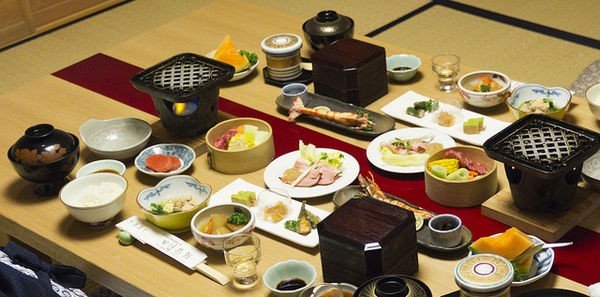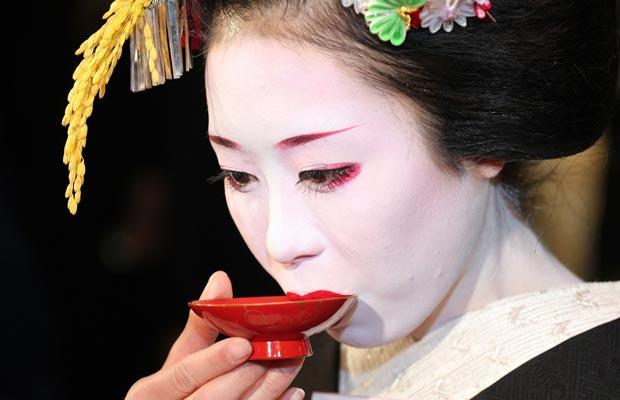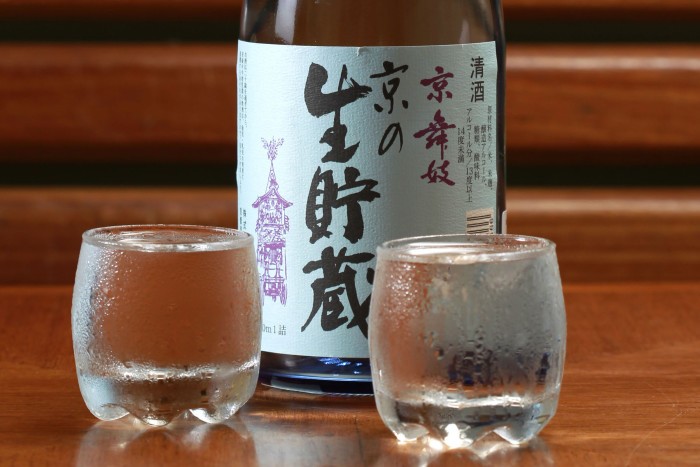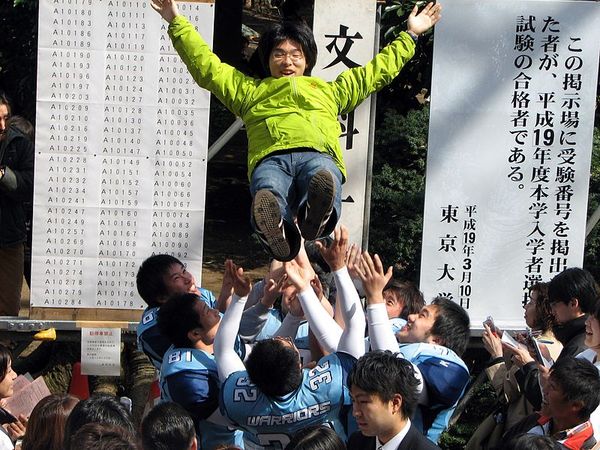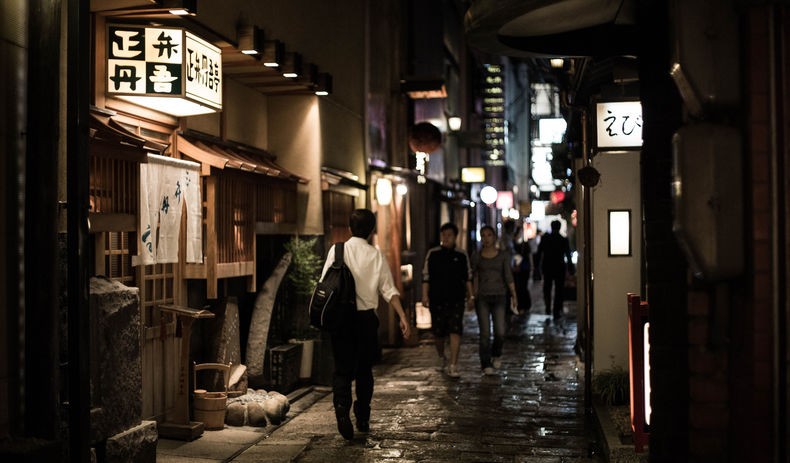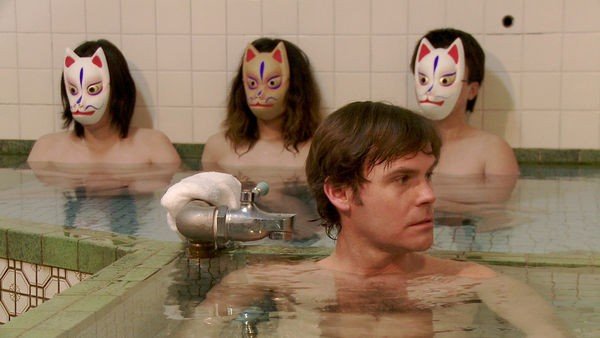Ever wondered exactly what the Japanese like? What are your passions? What do they do so much? It's a very extensive subject, and there are thousands of different things and tastes to discuss. In this article we separate 15 Japanese passions, which describe the country and the Japanese.
Table of Content
Karaoke
Japan is clearly seen as the country of karaoke, it is rare for a Japanese who has not gone to karaoke together with friends. This is one of the main Japanese passions spread throughout the world.
There are thousands of Karaoke Box spread all over Japan, apart from some bars or places that offer the possibility to sing with friends anywhere. Instead of going to bars, why don't we go to Karaoke?
Read also: Karaoke - Origin, curiosities and popularity
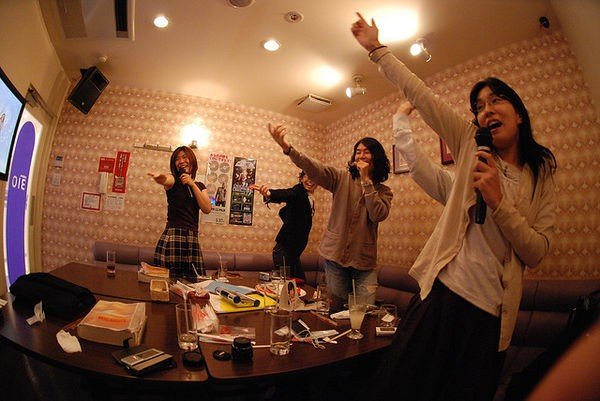
Pachinko (パチンコ)
A game of chance similar to Pinball. Unlike Brazilian games of chance, players buy marbles to play in the machine, with the intention of winning more marbles and exchanging them for prizes such as stuffed animals. It looks like a kid's game, not to mention the thousands of different machines that exist.
But the police are always on the lookout, as some usually take their marbles to another location and exchange them for money. This market earns up to 400 million dollars every year, and is quite popular among middle-aged men.
We also recommend reading:
- Pachinko Guide - Betting machines in Japan
- 20 Anime of Gambling, Betting and Manipulation
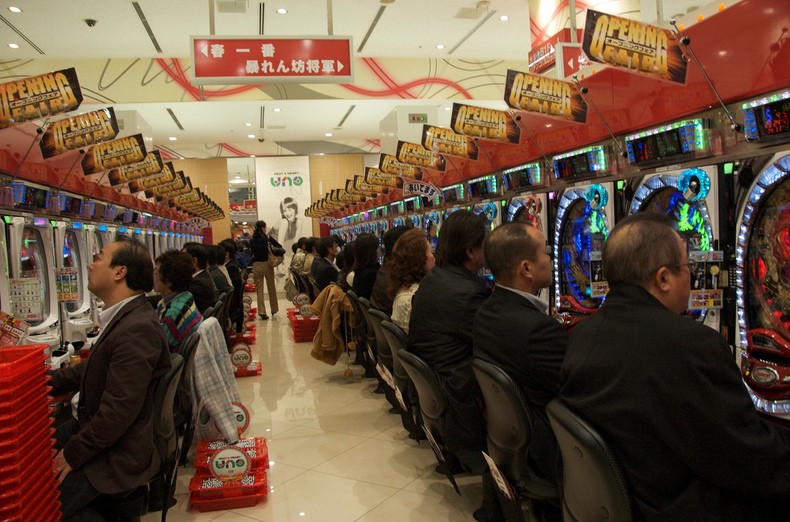
Travel
Although it doesn't look like it, the Japanese love to travel. You can notice the thousands of tourist attractions spread within the country itself, any city you go to will find something unique and interesting.
Not to mention the enormous ease of getting around the country by train. The Japanese also travel abroad a lot, every year more than 15 million Japanese travel abroad, with the main destinations being USA, China and Korea.
Read also: The 50 most popular tourist attractions in Japan

Masks
Some Japanese people are obsessed with cleanliness and germs, so it is very common to see people wearing masks on the streets. Often, the intention is to avoid passing on diseases to other people, which is highly commendable. The Japanese really seem to be passionate about masks.
Read also: Discover 10 Famous Japanese Masks

Gossip
Anyone who thinks the Japanese are silent is wrong. In addition to group gossip. Japan has a huge gossip media. Thousands of magazines and newspapers are released every week telling the lives of thousands of idols and famous people in Japan.
It can be worse than the gossip from tabloids in America and Europe. Even the Japanese alphabet uses kanji of 3 women to represent noise, showing that women talk too much... 女三人寄れば姦しい
Read also: Weird ideograms that use the kanji for woman [女]
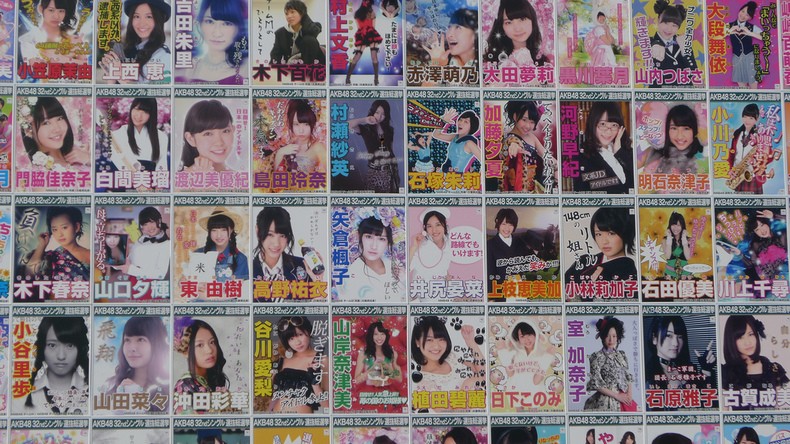
Small things
Just like the Japanese, they like small things. Small cars, small portions of food, electronics, small bars, small houses, etc. Some may think it's due to lack of space, but it's not quite the case.
Read also: Are Japanese houses really small?
Fish
In Japan people consume an average of 70 kg of fish per year. The global average consumption is just 13 kg. This is not due to the lack of meat, as it is not difficult to find meat in the market.
Fish has become something fundamental in Japanese culture, almost all recipes have fish or seafood.
Read also: 130 Types of Sushi – Urumaki, Hossomaki, Nigiri
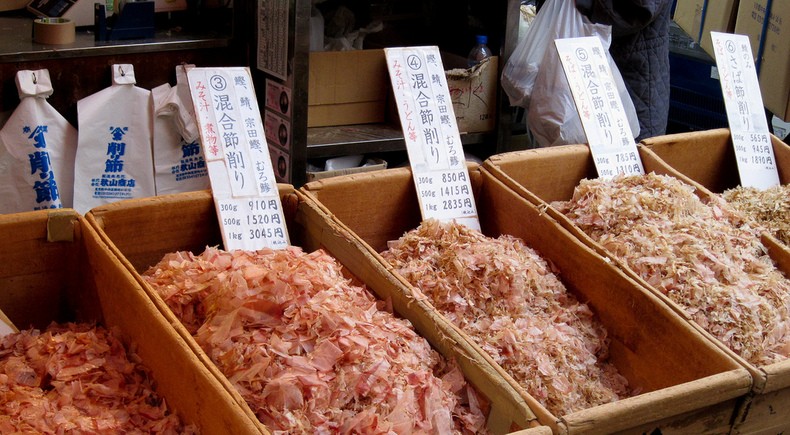
Aesthetics and appearance
The Japanese are very concerned with the aesthetics and appearance of things. This is noted in Japanese arts such as Ikebana, Bonsai, Japanese gardens, calligraphy, and the tea ceremony, all of which are linked to aesthetics.
Apart from that, we also noticed how things in Japan look flashy, even the food is beautiful and organized. The Japanese really love to cook!
We also recommend reading:
- Ikebana - The Japanese art of floral arrangements
- Bonsai - The Japanese Art of Miniature Trees
- Japanese Garden - Guide on traditional gardens of Japan
Education and Length
It may seem strange, but the Japanese like to say; excuse me, thank you, welcome in thousands of occasions. Any store you enter you will hear Irasshaimase several times and loudly.
Any bump, entry somewhere, or going to do something, you'll hear, I'm sorry. Let's not even talk about the arigato.
We recommend reading: Domo Arigato – 72 Ways to Say Thank You in Japanese
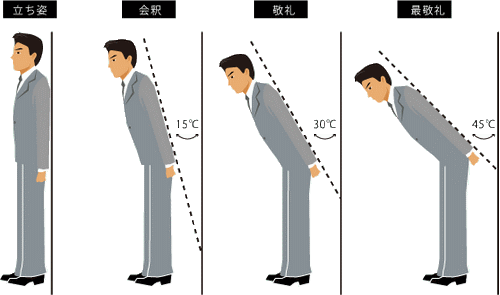
Don't Waste - Mottainai
Everyone knows that Japan is a clean country and has rigorous garbage collection. But they also have a feeling of regret when they waste something, called Mottainai (もったいない).
The Japanese avoid wasting food and resources as much as possible. One of the ways to avoid waste is that most industrialized products are packaged and unit. Very common to buy cookie bags with several cookies inside a package.
Read also: Waste Separation, Collection and Recycling Guide in Japan
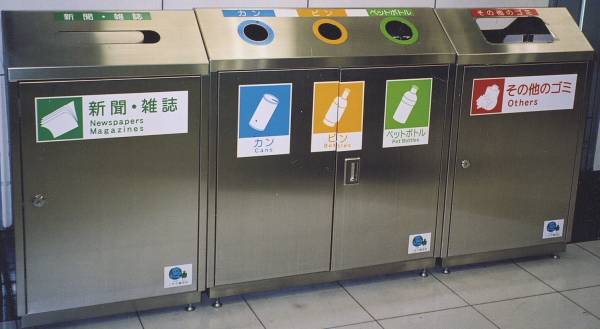
drink and smoke
Sake, the Japanese drink, usually has a low % of Alcohol. This does not stop the country from having a large number of drunks, some salaried men leave the service and go straight to drink, and some do it daily. Despite the high rate of drinking in Japan, accidents rarely happen. Other than that, smoking is common in Japan, about 25% of the population smokes.
Read also: Facts about smoking cigarettes or tobacco in Japan
Manga
Manga are very popular in Japan. There is no age limit to enjoy manga, they are popular among the young and elderly, men and women.
There's Manga on every topic imaginable - sports, romance, animals, gambling, business, history, fantasy and crime. People are not shy about reading manga, you can find people reading it on trains and buses, even erotic manga.
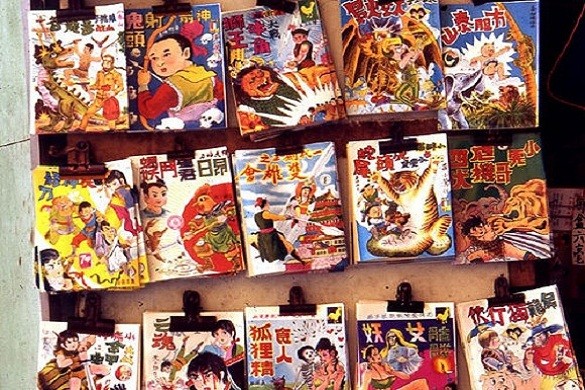
Team
While some strive to grow and stand out, as the saying goes: Every man for himself, in Japan teamwork is valued.
There is even a saying that goes: The nail that sticks up is hammered down. Showing that in Japan those who want to stand out on their own are chipped. If one wants to do well in Japan, one has to learn to live within the society.
Job
Here is another stereotype about Japan that is generally true. Many people really think that the Japanese are forced to work 12 hours a day? No, they willingly like to work, and love to do overtime.
In Japan they consider it impolite to leave before the boss, and when the boss wants to work some more, they proudly help.
Read also: Arubaito – Part-time job in Japan
Onsen
Onsen are hot spring baths, popular throughout the country. There are thousands of natural and non-natural places that offer baths in thermal waters, often public with many people. They are not ashamed to get naked with each other.
Read also: Onsen - Natural Hot Springs of Japan

